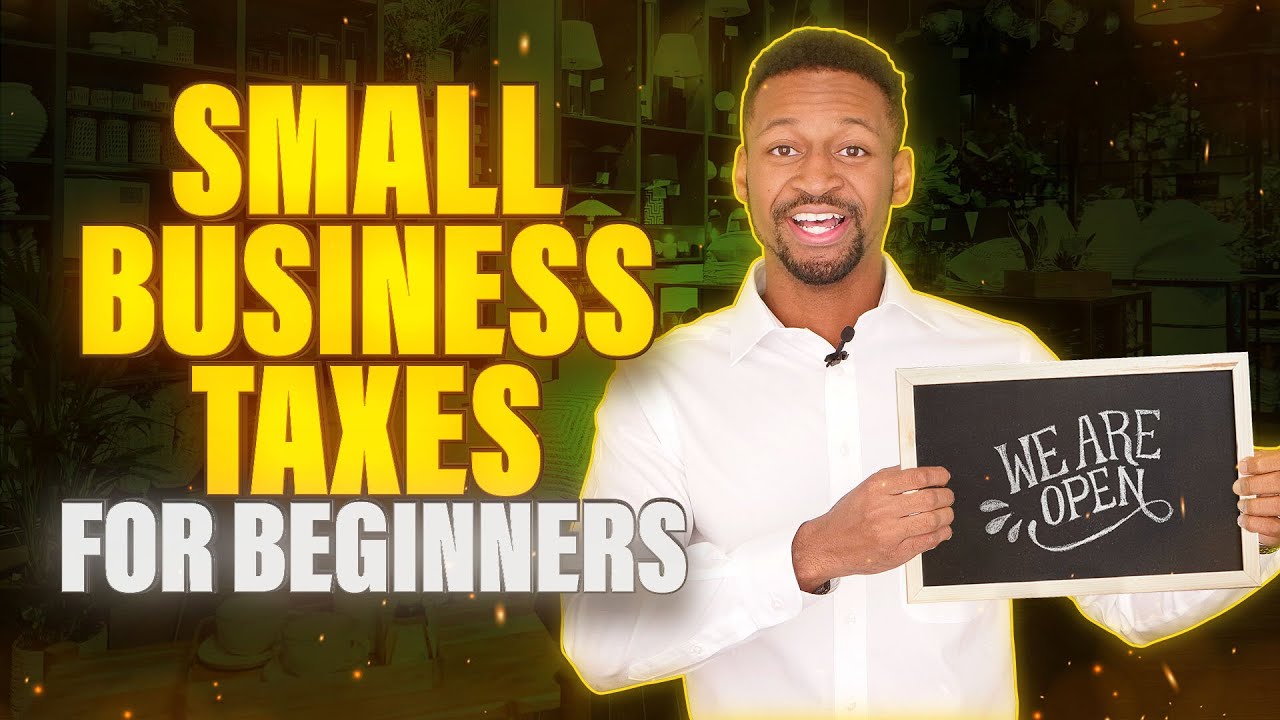Taxes can be one of the most confusing and intimidating topics for businesses. It is important to understand the different types of taxes and how they apply to your business. In this article, we will discuss the basics of taxation for businesses and how to manage your taxes.
Types of Business Taxes
The most common types of taxes for businesses are income taxes, payroll taxes, sales taxes, and self-employment taxes. Each of these taxes can have different rules and regulations, so it is important to understand the specifics of each one.
Income Taxes
Income taxes are taxes on the income that your business generates. This includes income from investments, sales, and any other sources of income. Depending on your business structure, the income tax rate can vary. For example, sole proprietorships and partnerships are taxed at the individual income tax rate, while corporations are taxed at the corporate income tax rate.
Payroll Taxes
Payroll taxes are taxes on the wages paid to employees. These taxes are typically paid by the employer and include Social Security and Medicare taxes. It is important to understand the rules and regulations of payroll taxes to ensure that you are in compliance.
Sales Taxes
Sales taxes are taxes on the goods and services that your business sells. Depending on the state or locality, sales taxes can vary. It is important to understand the specific rules and regulations of the state or locality that you are operating in.
Self-Employment Taxes
Self-employment taxes are taxes on the income that you receive as a self-employed individual. This includes income from investments, sales, and any other sources of income. Self-employment taxes are typically paid quarterly and are due on April 15th, June 15th, September 15th, and January 15th.
Managing Your Taxes
Managing your taxes can be a daunting task. It is important to understand the different types of taxes and how they apply to your business. Here are a few tips to help you manage your taxes:
- Stay Organized – Keep all of your tax-related documents in one place so that they are easy to find. This includes receipts, invoices, and other documents.
- File On Time – Make sure that you file your taxes on time to avoid any penalties or interest charges.
- Consult a Professional – Consider consulting a professional if you are unsure about any of the rules or regulations of taxes.
Taxes can be confusing and intimidating, but understanding the basics and staying organized can help make the process easier. Knowing the different types of taxes and how they apply to your business is the first step in managing your taxes.




